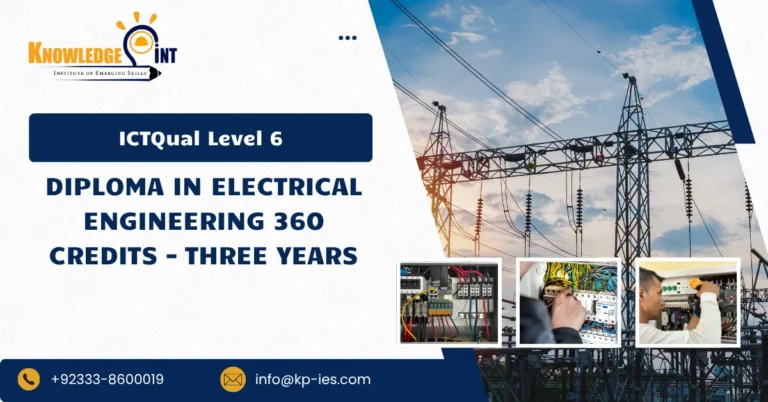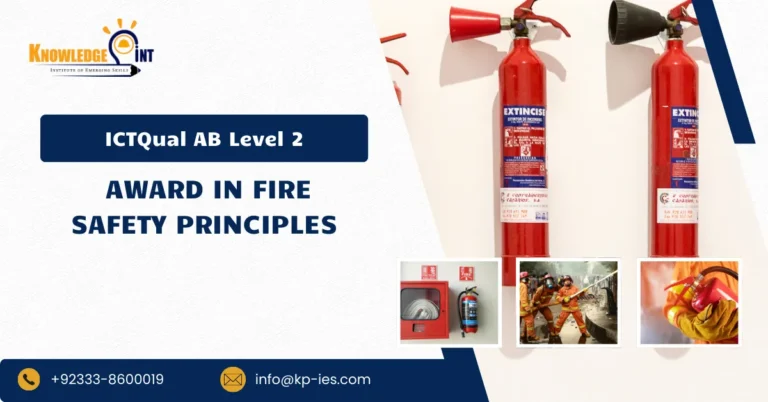LicQual Level 3 Diploma
Environmental Management
Awarding Body
LICQual
Credits
60 Credits
Course
Environmental Management
study mode
Online Learning
Course overview
The LicQual Level 3 Diploma in Environmental Management is designed for individuals seeking to develop foundational knowledge and practical skills in environmental management and sustainable practices. The course introduces learners to basic environmental legislation, compliance requirements, and industry standards. It covers key areas such as environmental assessment, resource use, and strategies to reduce environmental impact, providing a strong foundation for effective environmental management at an operational level.
Throughout the programme, participants gain hands-on experience in supporting environmental audits, identifying risks, and applying straightforward mitigation strategies. Core topics include environmental impact assessment, waste and resource management, pollution control, and sustainability planning. Practical exercises and real-world case studies allow learners to apply theoretical concepts to everyday workplace scenarios, enhancing their problem-solving and decision-making skills in environmental contexts.
This diploma is ideal for entry-level environmental officers, assistants, and professionals supporting sustainability initiatives within organisations. Graduates are equipped to contribute to compliance monitoring, assist with audits, and implement basic sustainability practices. The Level 3 Diploma also provides a pathway to higher-level qualifications, such as the Level 4 Diploma, supporting career progression in environmental management, sustainability coordination, and related operational roles.

Approved Training centre of LICQual Uk
Centre # : ATC24002

Entry Requirments
Entry Requirements for the LicQual Level 3 Diploma in Environmental Management:
- Educational Qualifications:Minimum of a Level 2 qualification in a related subject or an equivalent qualification.
- Professional Experience:Relevant work experience in environmental management, sustainability, or related fields is advantageous but not mandatory.
- English Language Proficiency:Since the program is delivered in English, learners must show competence in reading, writing, and communication.
Course structure
The LicQual Level 3 Diploma in Environmental Management in Personal Protective Equipment qualification consists of 6 mandatory units.





